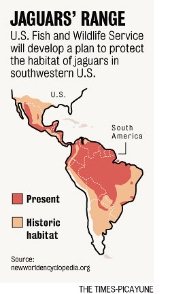Gilbert, yes, it seems that the worst infestations are self-regulating, and in the grand scheme of things not that big a deal, but still a significant effect on forest ecology.
Jesus, it is good to hear that your forests are unaffected by non-native earthworms. The great majority of our forests here are unaffected as well, which is a huge relief. I am not advocating for controlling the invasive earthworm population, but I do advocate for monitoring it, as problems can quickly progress with changing climate.
Here is a link to a paper published about the effects of earthworms entering a previously unaffected forest:
http://conservancy.umn.edu/bitstream/handle/11299/175603/Frelich%20et%20al%202006.pdf?sequence=1&isAllowed=y
Here is an quote from the paper:
"Earthworms can contribute to a forest decline syndrome, and forest herbs in the genera Aralia, Botrychium, Osmorhiza, Trillium, Uvularia, and Viola are reduced in abundance during earthworm invasion. The degree of plant recovery after invasion varies greatly among sites and depends on complex interactions with soil processes and herbivores. These changes are likely to alter competitive relationships among plant species, possibly facilitating invasion of exotic plant species such as Rhamnus cathartica into North American forests, leading to as yet unknown changes in successional trajectory."







